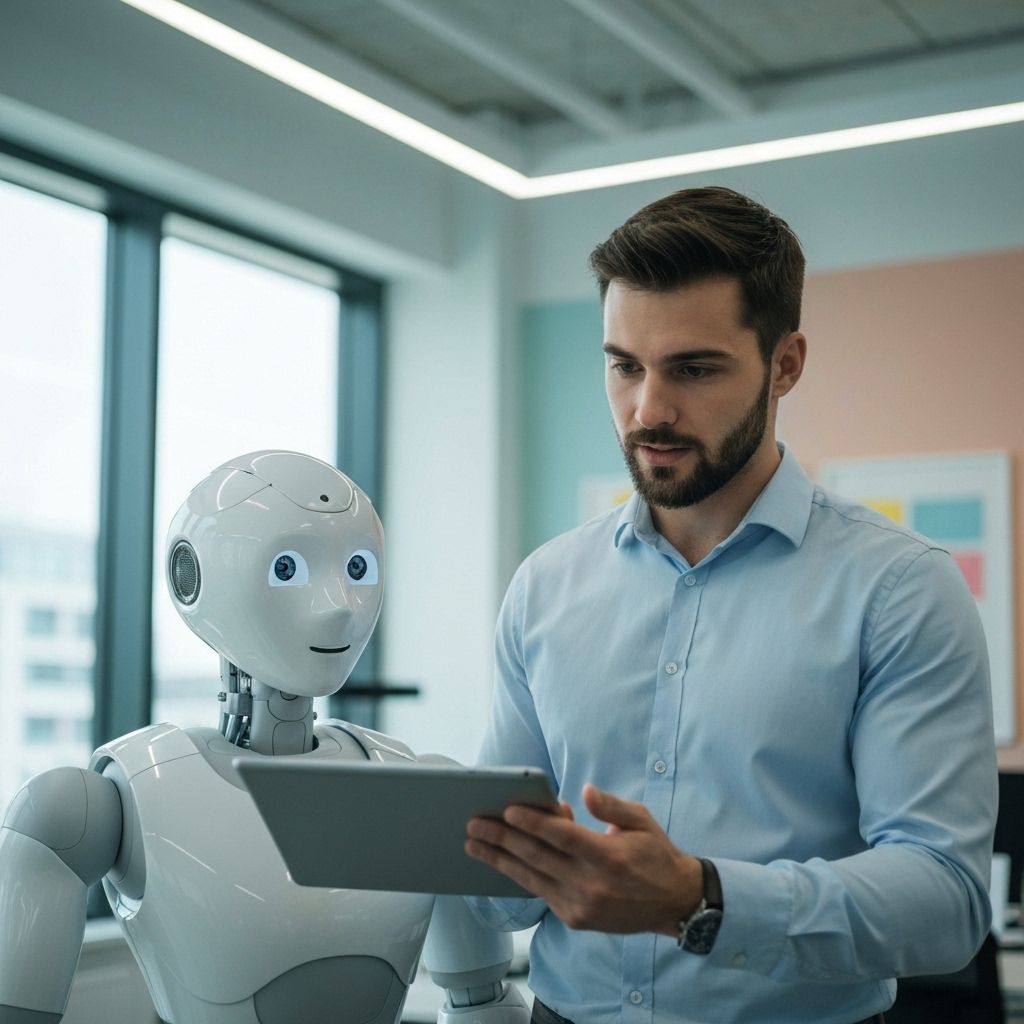The Future of Work: AI, Automation, and Human Collaboration
Augmentation, Not Just Automation
The narrative around AI and automation has often been one of fear—robots are coming to take our jobs. While it's true that AI will automate many repetitive and routine tasks, the more profound impact will be in augmenting human capabilities and fostering a new era of human-machine collaboration.
The future of work isn't about humans versus machines, but humans with machines. AI will handle the tedious, data-intensive parts of a job, freeing up human workers to focus on what they do best: creativity, critical thinking, complex problem-solving, and emotional intelligence.
The Reshaped Workplace
- The Augmented Professional: A radiologist will use an AI to pre-screen thousands of medical images, flagging potential anomalies for their expert review. A lawyer will use an NLP model to instantly analyze thousands of legal documents for discovery. This "centaur" model—combining human intellect with AI's processing power—will become the norm.
- The Rise of New Roles: Just as the internet created jobs like "social media manager" and "SEO specialist," AI will create entirely new roles. We will need AI trainers, ethics and bias auditors, automation specialists, and AI-human interaction designers.
- A Focus on Soft Skills: As technical tasks become more automated, uniquely human skills will become more valuable than ever. Communication, collaboration, empathy, and leadership will be the critical differentiators in the workforce of the future.
- Lifelong Learning: The rapid pace of technological change will require a cultural shift toward continuous, lifelong learning. Workers will need to constantly upskill and reskill to stay relevant and work effectively alongside new AI tools.
At RaxCore, we are not just building AI technology; we are building tools to empower the workforce of the future. We are focused on creating intuitive, collaborative AI systems that act as partners to human professionals, amplifying their skills and enabling them to achieve more than ever before. The transition will require careful planning and investment in education, but the result will be a more productive, innovative, and fulfilling world of work.



